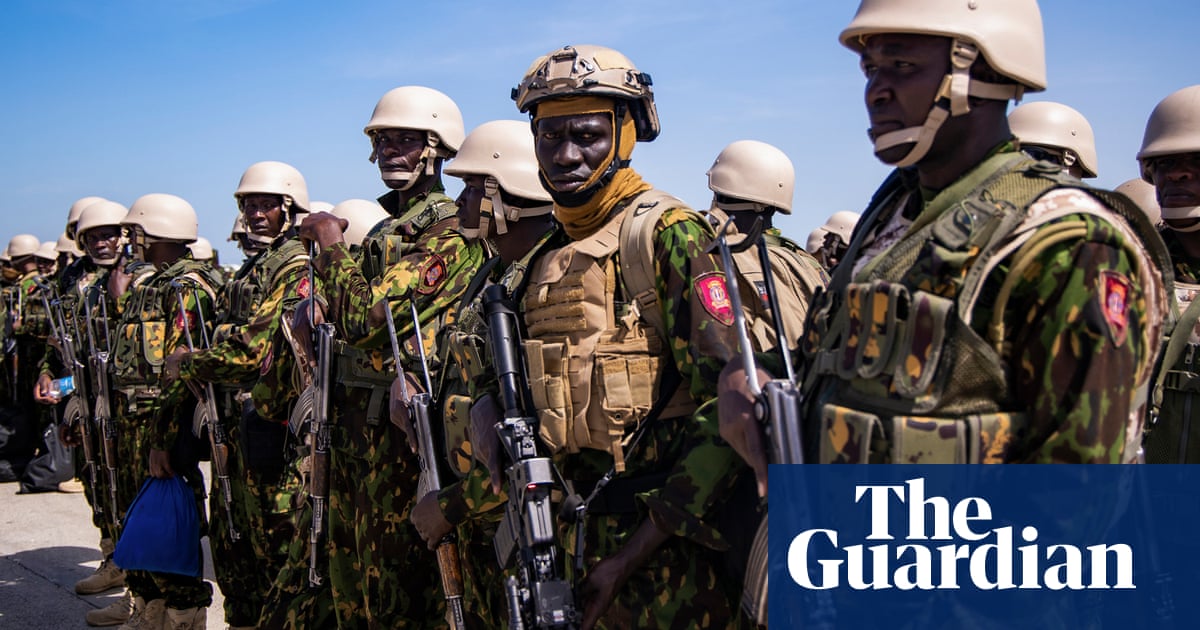Hundreds of Kenyan police officers have arrived in Haiti as part of a US-backed security intervention aiming to rescue the Caribbean country from a criminal insurrection that toppled the prime minister and brought death and chaos to the streets.
About 400 members of the Kenya-led multinational police operation stepped off a Kenyan Airways plane at Port-au-Prince’s international airport on Tuesday. The US president, Joe Biden, hailed their arrival as the start of “an effort that will bring much-needed relief to Haitians”.


Haiti has a poor history when it comes to foreign military forces entering the nation to ‘help out’, and they have a valid reason to be wary.
2010s Haiti cholera outbreak